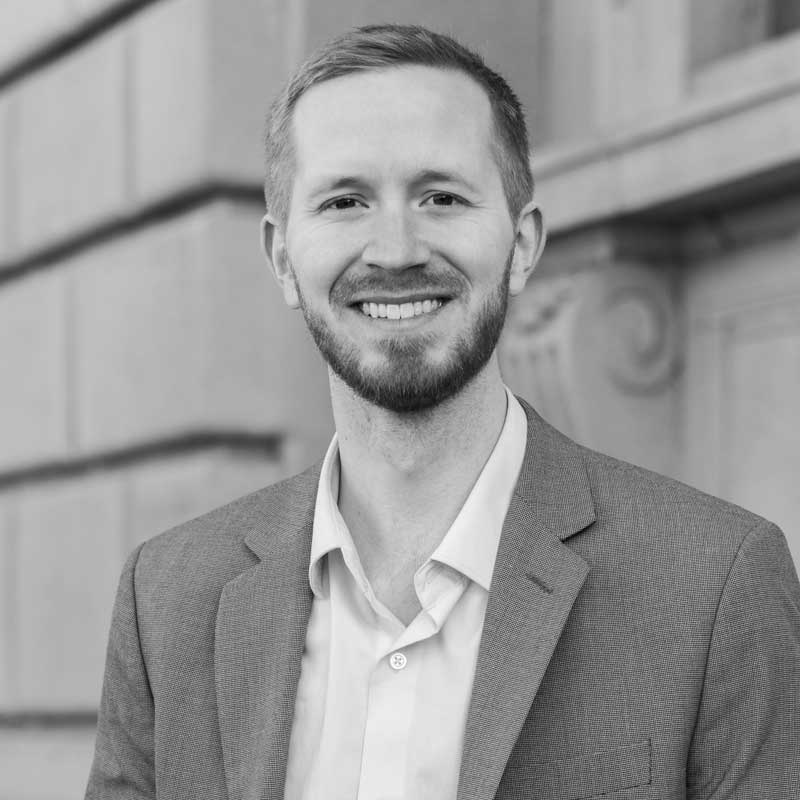Takeaway
Critical comments about colleagues contribute to burnout. To mitigate this, strive to be as empathetic and compassionate with coworkers as you are with patients.

Lifelong Learning in Clinical Excellence | July 1, 2021 | 3 min read
By Tyler Mains, MD, University of California, San Francisco
“I would never send a loved one to that doctor.”
“I can’t believe the ED admitted him.”
My medical training was heavily sprinkled with condescending remarks about the clinical reasoning of often-invisible colleagues. Through these harsh yet widely accepted micro-judgments, I was implicitly taught that we—regardless of my assigned team at the time—consistently provided higher quality care than others. Our clinical decisions were evidence-based, empathetic, and economical. The aura of superiority was not subtle.
While cringeworthy, micro-judgments felt harmless. I naively assumed the people we were talking and writing about never heard or read our comments. I didn’t question their potential harm and wouldn’t have had the courage to speak up anyways. Plus, being on the inside felt good. Whenever I questioned my clinical decisions, I could always rely on my team to say, “Don’t worry. You’re one of us.”
After I left my position as a chief resident at an academic medical institution and started working at a county jail, I was swiftly kicked out of the club. One of my patients in the jail continued to disagree with my recommendation of antibiotics for a chronically progressive infection, despite my best attempts. According to a hospitalist’s note, I’d denied the patient care. When a patient had a potentially urgent condition, I didn’t have access to labs or imaging so I sent the patient to the ED. The subsequent note clearly communicated the clinician’s belief that the visit was unnecessary. Another patient was released from custody more quickly than we were able to verify their methadone dosing. A resident note later described this as a “forced withdrawal.”
Each time I read a micro-judgment in one of my patient’s charts, I want to shout, “But wait, that’s not what happened!” I want to explain the situation from my perspective. I want them to know that I am doing my best. I want someone to tell me that I’m a good doctor.
As a newly independent physician, I constantly question my clinical reasoning. When others also judge my decisions, my insecurities blossom. My yearning for this external validation is partially due to the many subjective assessments built into medical training—feedback on rounds based on senior residents’ idiosyncratic preferences, clinical grades based on attendings’ beliefs of what doctors should do and say, and graduate medical education matches based on biased interviews. We continuously rely on others to provide benchmarks for our success or failure until the day we finish training. Now, the main peer feedback I get is from micro-judgments in the chart (based on those, I’m not doing great). Perhaps more senior clinicians have developed a stronger sense of self-efficacy—they may read a micro-judgment and toss it aside. They may evaluate the quality of their care based on patient satisfaction and trust, as well as health outcomes. I hope to develop that confidence one day.
The inner turmoil created by micro-judgments can not only increase clinician burnout, but also patient outcomes. When I’m determining if a patient needs to be transferred to the hospital—in addition to considering the clinical scenario, patient preferences, and logistics involved in transportation—I think about the receiving clinician’s perspective of me. I wonder what they’ll say to their colleagues or write in the health record. I try to brush these thoughts aside, but they exist. I have to remind myself that I’m doing my best with the time, energy, and resources I have available.
Clinical care is complex enough—we don’t need to make it more difficult. Let’s give each other the benefit of the doubt. We need more lifting up and less putting down. Let’s consider other alternatives to the assumptions we make before saying or writing a micro-judgment. Let’s strive to be as empathetic and compassionate with each other as we are with our patients.
This piece expresses the views solely of the author. It does not represent the views of any organization, including Johns Hopkins Medicine.

